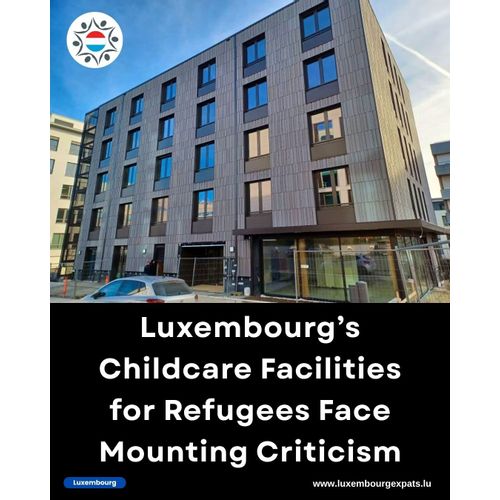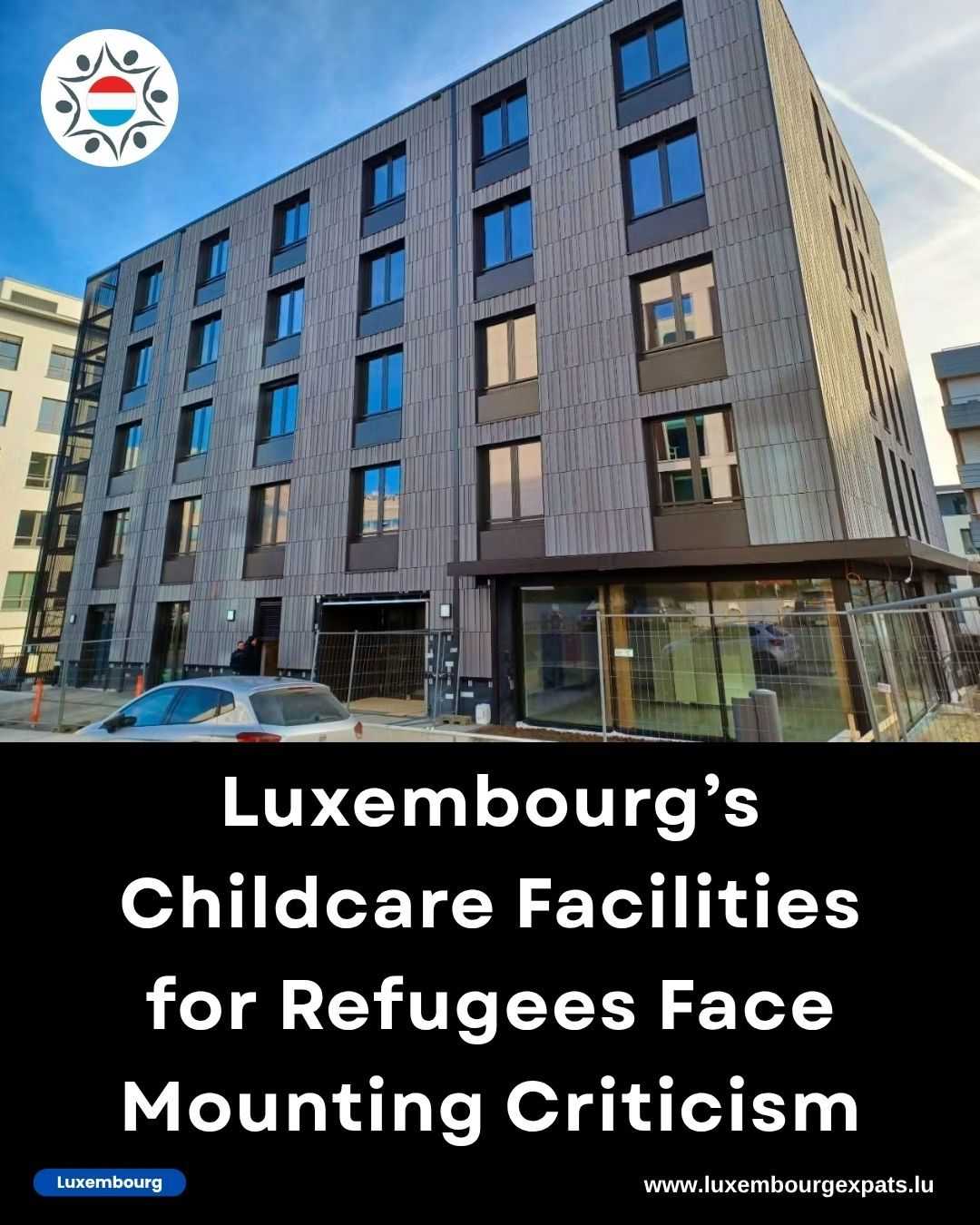Luxembourg’s Childcare Facilities for Refugees Face Mounting Criticism
LuxembourgPosted on 01 October 2025 by Team · 2 min readLuxembourg’s system of housing and care for applicants for international protection has come under renewed scrutiny, as concerns grow over the conditions in several facilities managed by the National Reception Office (ONA). Civil society groups and opposition politicians argue that the situation not only falls short of European standards but also risks fueling homelessness among vulnerable people.
The debate intensified after Green MP Djuna Bernard raised the issue in a parliamentary committee, citing observations from the Collectif Réfugiés Luxembourg that described some ONA facilities as unsanitary and overcrowded. In certain centres, more than six people are reported to be living in a single room, a setup that clearly does not comply with EU requirements.
Family Minister Max Hahn, responsible for the ONA, acknowledged the shortcomings but stressed that the government cannot simply shut down problematic structures. Many of the facilities, he noted, were inherited from the previous administration, and the current challenge is one of capacity rather than negligence. Since 2019, the number of available beds has doubled to around 8,300 spread across 64 facilities nationwide—proportionally far more than neighbouring Belgium or France. “Luxembourg does not have the luxury of closing these structures, even if it were envisaged,” the minister said.
Still, critics argue that the system’s rapid expansion has not resolved structural issues. Only 34 of Luxembourg’s 100 municipalities currently host reception facilities, and Bernard has proposed introducing a quota system to ensure more equal distribution—a suggestion Hahn firmly rejected. The lack of housing also creates a bottleneck: once applicants gain refugee status, they are asked to leave ONA centres. Yet many struggle to find affordable rentals on Luxembourg’s tight housing market, leaving some at risk of ending up on the streets.
The Federation of Social Sector Actors (Fedas) recently sounded the alarm, warning of a looming wave of homelessness if structural reforms are not put in place. This follows a broader debate earlier this year about Luxembourg’s preparedness for social crises, with several NGOs stressing that the housing shortage is worsening social inequality.
As criticism mounts, the government finds itself under pressure to balance humanitarian obligations with limited housing capacity, while also convincing local municipalities to share the responsibility more evenly. For now, however, the system remains stretched to its limits, with little clarity on when or how new facilities might be built.
Read More : Max Hahn défend les structures d'accueil face aux critiques croissantes - L'essentiel
Join the community of your own - #1 home-grown LuxExpats app
SignUp Free : luxembourgexpats.lu
I am your contact
Team
Chat








